Security threats are pretty much everywhere online these days. Data breaches, phishing scams, ransomware attacks and identity thieves … The list goes on and on. So how can you stay safe? In this DIY Security tip, Kim shares 7 ways you need to protect yourself online. There really is no excuse to ignore these habits anymore — not if you want to be protected.
The essential privacy tool to protect you from Big Tech
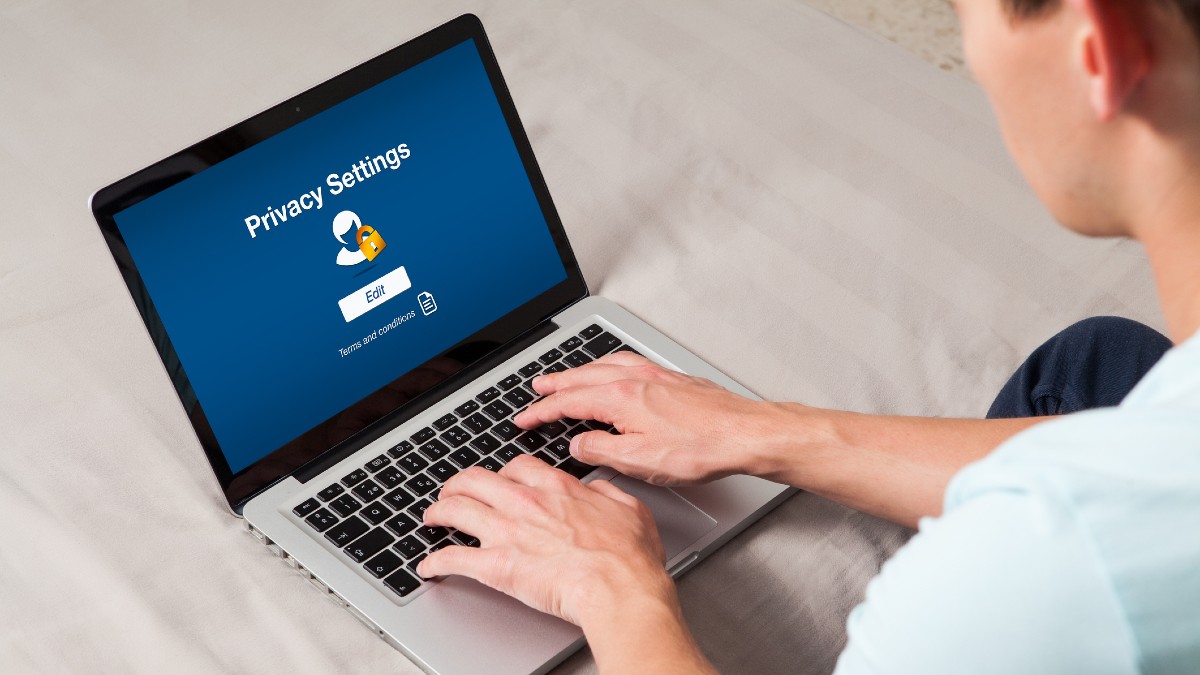
My inbox is filled with people asking how they can stay out of Big Tech’s reach.
It starts with the services you use. Yes, they’re mostly free, but remember what you’re paying with: Your data. Tap or click here for services you can use that aren’t under Big Tech’s control.
You’ll also need to take a crack at wiping away what those companies already know. Tap or click here for the steps to erase what Google has collected on you over the years.
For years I’ve encouraged my listeners and readers to use a VPN. With just a click, you can keep online snoops, including Big Tech and your ISP, out of your digital life. Let’s dive into how it works.
What is a VPN and what does it do?
Let’s start with the basics. A VPN, or virtual private network, is a layer of protection between your devices and the internet. It hides your IP address and your location. It also encrypts your data after it leaves your device and travels to whatever website you’re visiting.
There are many free VPNs available, but I highly recommend you skip those. Again, when something is free, there’s often a hidden cost.
Free VPN apps have been caught hiding malware, improperly securing info and packaging up and selling your data. That defeats the purpose of using a VPN in the first place. Plus, free options generally aren’t as reliable or speedy as paid options.
There’s nothing wrong with trying to save money, but online security is one place you can’t skimp.
What makes a good VPN?
Just because you’re paying for a VPN doesn’t mean you’ll automatically get adequate protection. Even the big names have had their fair share of hacks, breaches and questionable privacy practices. Here are a few of note:
- Avast-owned HMA VPN (Hide My Ass) logged user data until rolling out a new policy in 2020.
- NordVPN was hacked in 2019 when a cybercriminal broke into one of its Finnish servers and leaked security certificates.
- A handful of VPNs, including UFO VPN and Rabbit VPN, leaked 1.2TB of user data last summer.
- Hackers exploited Pulse Secure VPN in 2020, more than a year after it released a patch to fix a vulnerability.
4 critical features to look for in a home protection service
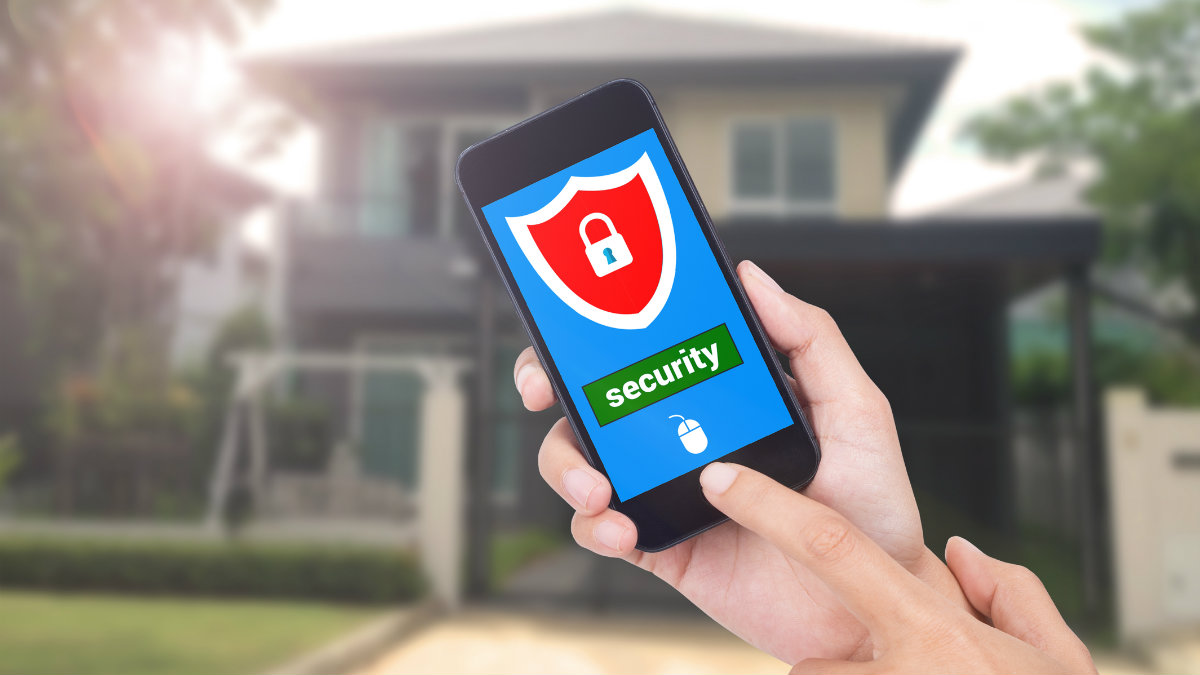
Even though some coronavirus restrictions are starting to be lifted across the U.S., many Americans are committed to staying home. At least until they feel safe going out in public.
While you’re still at home, the last thing you need is the added stress of worrying about burglars trying to break into your home. That’s why it’s important to have home security from a company you can trust.
Working from home? You need a VPN now more than ever
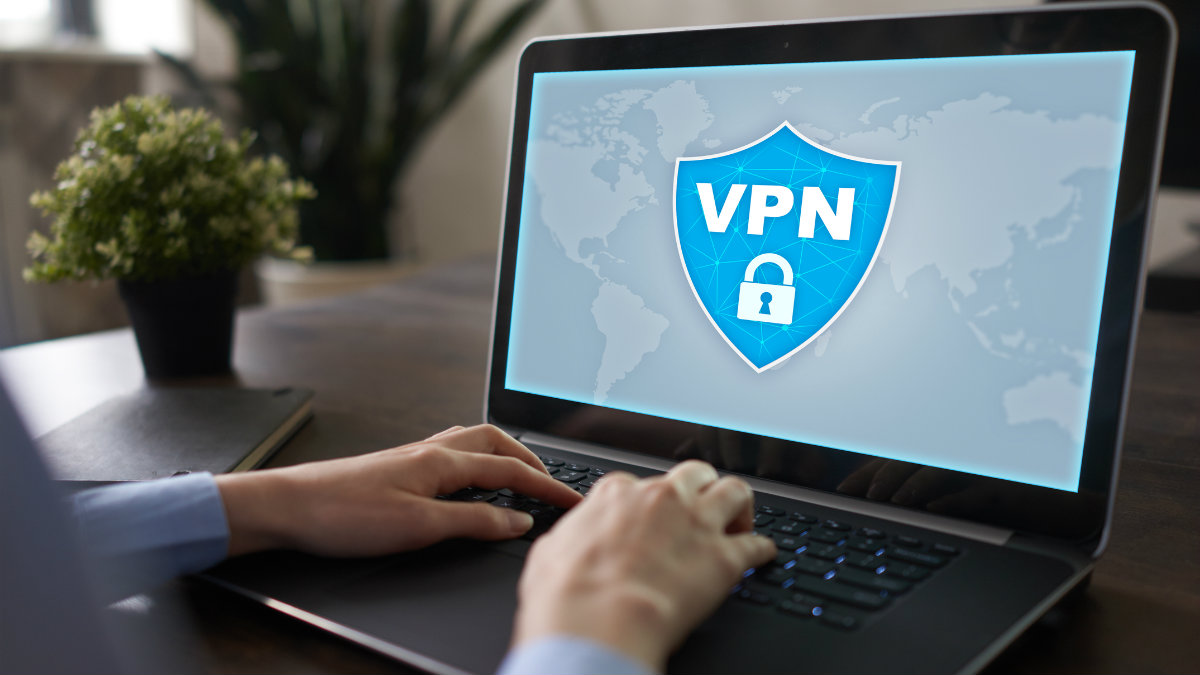
You’ve heard Kim talk about how important it is to have a virtual private network (VPN). Now that a lot of you are working from home, it’s even more important to choose a VPN you can trust.
The coronavirus pandemic has prompted many companies across the U.S. to have employees work from home (WFH). That means it’s not just the personal information stored on your device at risk from security threats, but also your work data.
5 critical reasons you need VPN protection
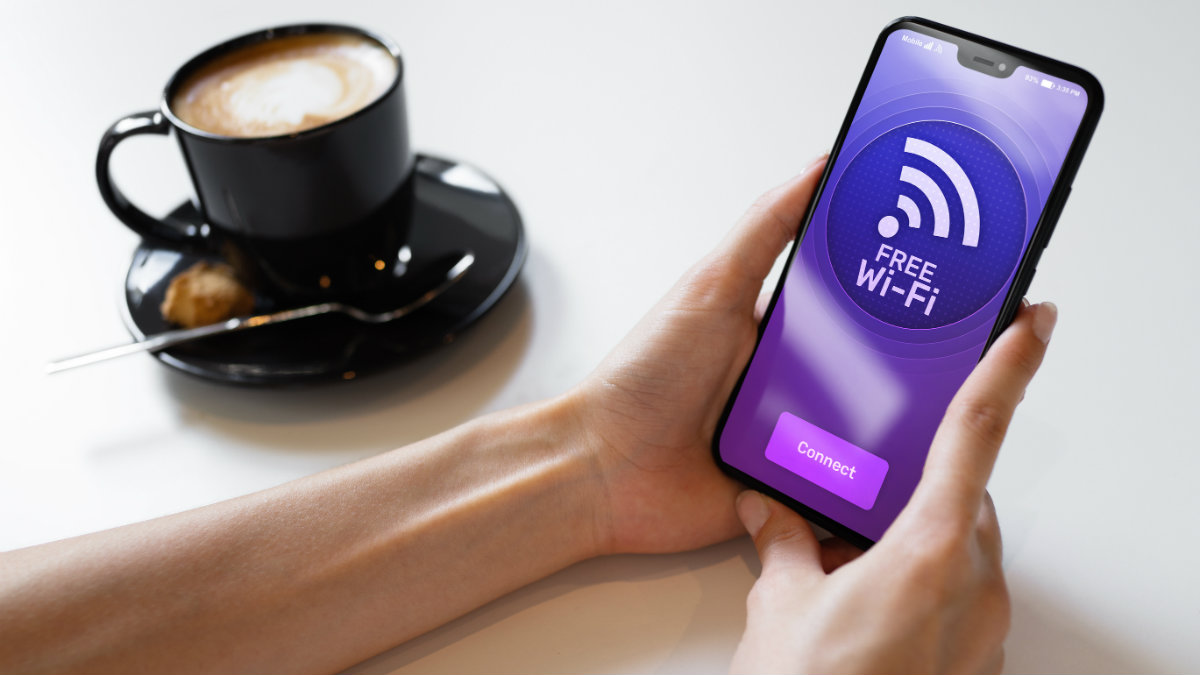
Do you consider yourself a privacy-conscious person? Are you concerned about your online safety? Well, you’re certainly not alone. The hard truth is by surfing the web or making any transactions online while connected to a network that’s not secure, you’re exposing private info and buying habits for anyone to see.
Spyware watches everything you do. Is your phone or computer infected?
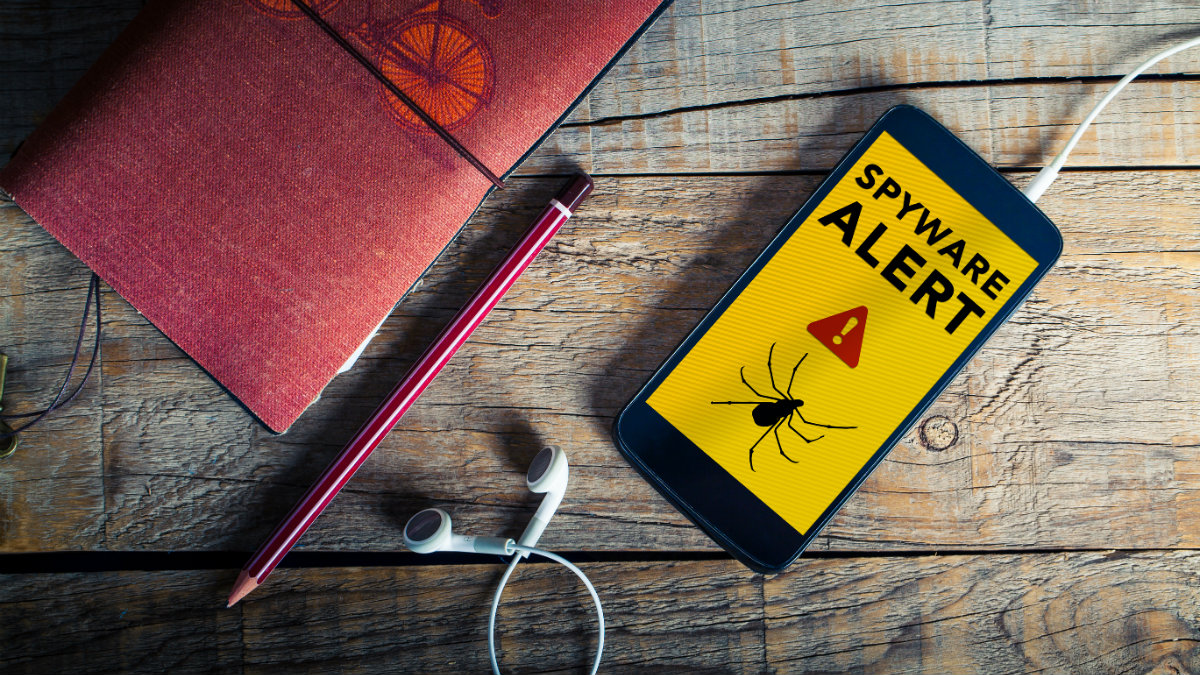
Your everyday tech holds so much valuable information. Between your computer, smartphone and tablet, we’re talking precious photos, private files and enough personal data to make hackers come running.
And with more and more of our information stored digitally, we’re exposed like never before to cybercriminals who want to get their hands on it. One of the sneakiest ways they do it? Spyware.
Kim's DIY Security tip: 7 online security basics everyone should know
Ditch your credit card: 3 safer ways to pay online
Shopping online with your credit card isn’t as safe as you think. Wherever there’s money involved, scammers gather. That’s why you need a secure method to pay or send money on the web. We’ll show you three options safer than your credit or debit card and help you settle on a new way to pay, shop and send money online.
Amazon security settings you must change: Order history, searches, recordings
There’s no question Amazon dominates the online shopping world. But you might not like just how much the tech giant knows about you. If you want to get the most out of Amazon without sacrificing your privacy, it’s time to optimize your profile settings so the company (and advertisers) know as little about you as possible. These five critical security settings will give Amazon access to just the bare necessities of your personal data.
Kim's DIY Security tip: Stop your phone from eavesdropping
No, all those ads you see based on what you’ve talked about or searched for aren’t just a coincidence. Yes, your phone is listening to you. In this DIY Security tip, Kim shows you how to stop your smartphone from eavesdropping. Follow these tips for Android or iPhone to get your privacy back.
Deepfake videos are getting terrifyingly real
If you thought fake news was bad, then you won’t believe what’s coming our way in the future. Widely seen as the next generation of hoaxes, Deepfakes are videos that use artificial intelligence to edit faces, motion, and speech with scary accuracy. In a Deepfake video, you can make any politician say anything you want, or swap the face of a person you know on a salacious picture for instant blackmail. The worst part: it’s getting harder to tell them apart from the real thing. This video might disturb you.
Clearing cache made easy
So what is your computer’s cache? Why do you need to empty it? And when? Here’s how to do it. It’s easier than you think, and you can do it in less than 2 minutes.
Free vs. paid Internet security software - What's the difference?
We are always getting emails and comments asking why anyone would pay for security software when there are plenty of free options available, and that’s a good question. In fact, we’ve covered some excellent free security options in the past. So, what does paid software give you that free options don’t? What this Komando.com report to find out!
Block Internet ads forever
A new gadget on Kickstarter could revolutionize the Internet by removing all ads from your Internet connection. The device will let users stream videos, surf the web and much more, all without making you watch ads first.
Password comedy
Everyone knows that strong passwords keep your data safe. But they can also be hard to remember! Stand-up comic Don Friesen sees the funny side of computer security.